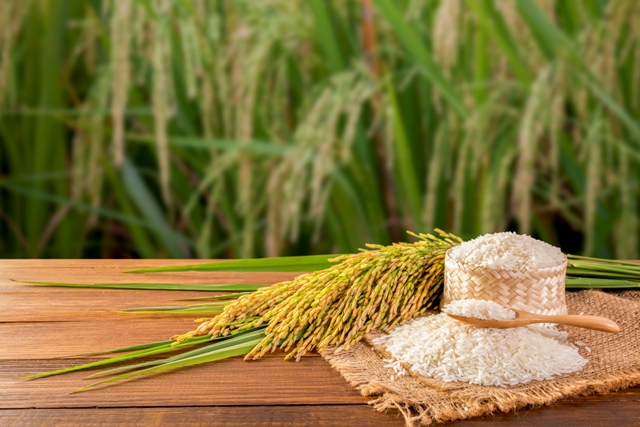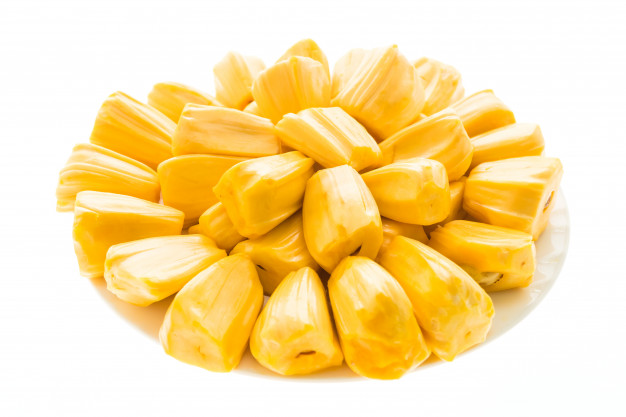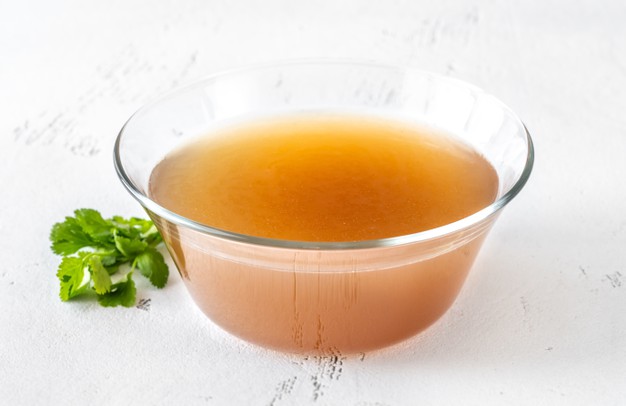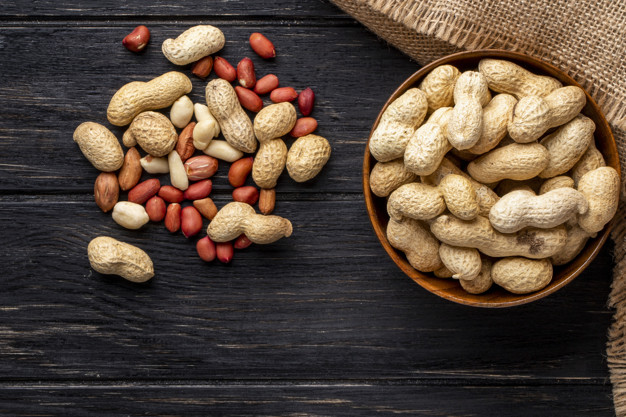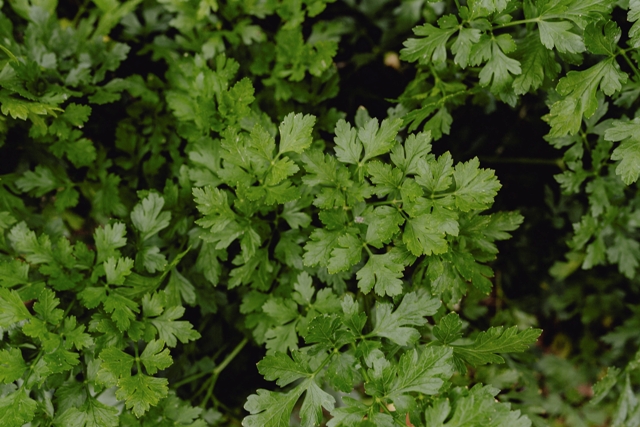Jasmine rice is a fragrant rice that has been extensively used for various culinary purposes. It is also loaded with various important nutrients that offer numerous health benefits.
General information regarding jasmine rice
- It is also known as Thai fragrant rice
- It has a characteristic aroma and the aroma exists in this grain because this rice plant is responsible for producing natural compounds, which are aromatic and accountable for exerting fragrance
- It is also considered as long grain rice
- It is found in various colours like white, brown, red, purple and black and they only differ in their nutritional profiles
- It exerts a sticky appearance when it is cooked
Brown jasmine rice Vs white jasmine rice
- Brown and white jasmine rice both are widely available in market but brown jasmine rice is considered as healthier than white jasmine rice
- Brown jasmine rice is relatively less processed than white one thus it retains more nutrients
- In the case of brown jasmine rice only the outer husk portion is removed but it contains the germ as well as the bran portion thus it contains relatively higher amount of fibre
- It is thus better to consume brown jasmine rice instead of white jasmine rice in order to obtain more nutrients

Jasmine rice Vs regular white rice
- Both rice are came from the same plant but they differ in their nutritional composition
- Jasmine rice contains comparatively more calories than white rice whereas it is also rich in iron, calcium and phosphorous
- Whereas brown jasmine rice is considered as healthier than white rice as it contains higher amount of fibre and it also contains various phytonutrients, which are responsible for contributing additional benefits
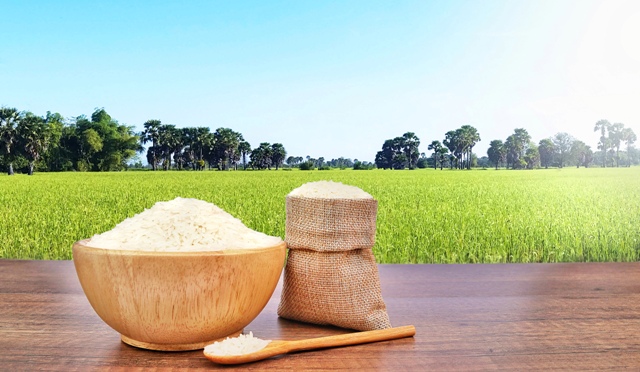
Nutritional profile
- It contains desirable amount of carbohydrates
- It contains fibre as well
- It also contains proteins and composed of various important amino acids
- It contains lesser amount of fat but it is totally free from cholesterol
- It is associated with yielding adequate amount of energy on its oxidation
- It is packed with various important micronutrients, which include Vitamin B1, B2, B3, B6, B9, iron, selenium, manganese, calcium and phosphorus
- It also contains phytonutrients that exert several nutraceutical activities
Biological activity
Antioxidant activity
- Its phytonutrients and micronutrients components play vital role in exerting potent antioxidant activity that helps to protect the body from oxidative damages
- Its antioxidant activity is also associated with decreasing the level of free radicals within body thus helps in preventing oxidative stress
- It helps to prevent lipid peroxidation as well
- It is also associated with preventing cellular damages by protecting every cell from free radical induced oxidative damages, which ultimately ensures overall wellbeing

Anti-inflammatory activity
- Phytonutrients present in jasmine rice helps in exhibiting anti-inflammatory activity, which plays important role in preventing inflammation
- It helps in decreasing the level of inflammatory mediators in body, which ultimately helps in delaying the onset of inflammatory events as a result reduces the risk of developing chronic inflammatory diseases
- It helps to prevent joint swelling as well
- It is also associated with preventing pain
Anti-carcinogenic activity
- Phytonutrients present in jasmine rice helps in exerting anti-carcinogenic activity whereas its oxidative stress reducing capacity is also responsible for decreasing the prevalence of carcinoma
- It helps in suppressing the growth of malignant cells within body by inducing apoptosis
- It is also associated with preventing metastasis
Health benefits
Role on immunity
- It contains various imperative nutrients that help in boosting up the overall immunity
- Phytonutrients present in jasmine rice are also associated with strengthening the defense mechanism of our body
- Its antioxidant activity helps in protecting every immune cell from free radical induced oxidative damages as a result helps in sustaining their functionality, which intern helps to improve the resistance power of the body and makes the body able to fight against different kinds of diseases
- It is also associated with lowering the risk of developing infectious diseases

Role on digestive health
- Its consumption is very effective for promoting overall digestive health
- Fibre present in jasmine rice helps in improving bowel movement, which ultimately improves regularity
- On the other hand fibre is responsible for increasing the bulkiness as well as the softness of the stool too as a result it helps in supporting the defecation process that is also accountable for preventing constipation
- It helps to improve colonic health as well
- Its fibre content is also associated with promoting the growth of intestinal beneficial microbes, which intern improves overall gut health
- Its antioxidant activity also helps in protecting the gastrointestinal tract from oxidative damages, which ultimately lowers the risk of gastrointestinal disorders in many folds
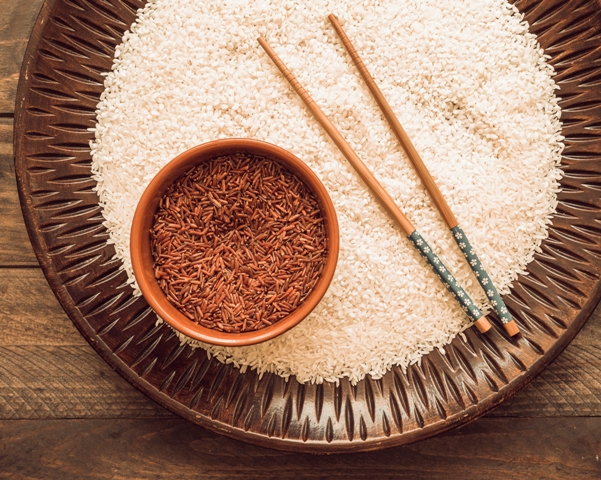
Role on gestational health
- Consumption of jasmine rice is very beneficial during gestational period as it is related with healthy pregnancy outcomes
- It contains folic acid, which is considered as one of the most important nutrients in pregnancy as it helps to reduce the prevalence of birth defects as well as neural tube defects
- It is also associated with supporting the increased blood volume during gestation as it contributes enough iron to the body thus its consumption is thought to be very effective for reducing the susceptibility of anemia, which is considered as one of the leading causes of maternal morbidity and mortality
- Jasmine rice is thus considered as a healthy choice for pregnant women and for those women who are trying to conceive

Role on energy level
- Consumption of jasmine rice is very effective for boosting up the overall cellular energy level
- Carbohydrates present in jasmine rice act as the main source of energy
- Consumption of jasmine rice is thus thought to be very effective for preventing fatigue as well as general weakness
Role on metabolism
- Consumption of jasmine rice is extremely useful for boosting up overall metabolism of the body that ultimately promotes cellular respiration
- Jasmine rice contains adequate amount of B vitamins, which are responsible for endorsing healthy metabolism as B vitamins act as coenzymes and participate in various metabolic reactions of body
Role on circulation

- It plays vital role in improving circulation and all the credit goes to its iron content
- Iron helps in the synthesis of hemoglobin
- It is also associated with promoting the supply of oxygen throughout the body (as hemoglobin helps in transporting oxygen) and thus helps in our surviving
Therapeutic uses
It has been extensively used for various therapeutic purposes, which include –
- It is widely used for supporting weight gaining. Individual who want to put on weight should include jasmine rice in their diet
- It is also associated with reducing the risk of developing anemia as its iron and folic acid contents help in the synthesis and maturation of RBC as well as hemoglobin
- Fibre present in brown jasmine rice helps in providing various positive impacts on health
Risk factors
- Being a high glycemic food its over consumption may cause various complications among diabetic patients as it is responsible for increasing the blood sugar spike after consumption
- Its over consumption may also increase the level of arsenic in body, which may cause severe health hazards thus it is better to consume it in moderation
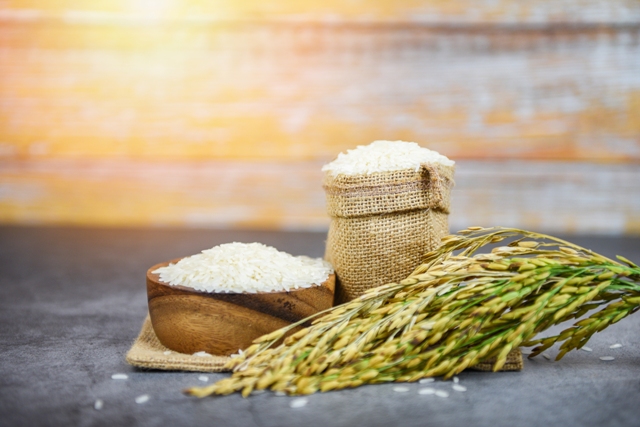
Source:
Prasert, W. and Suwannaporn, P., 2009. Optimization of instant jasmine rice process and its physicochemical properties. Journal of Food Engineering, 95(1), pp.54-61.
Ruangwises, S., Saipan, P., Tengjaroenkul, B. and Ruangwises, N., 2012. Total and inorganic arsenic in rice and rice bran purchased in Thailand. Journal of food protection, 75(4), pp.771-774.
Semsang, N., Kawaree, R., Cutler, R.W., Chundet, R., Yu, L.D. and Anuntalabhochai, S., 2012. Improved antioxidant activity of BKOS Thai jasmine rice. Natural product research, 26(12), pp.1145-1151.
Tanasugarn, L., 1998, November. Jasmine rice crisis: A Thai perspective. In Intellectual Property and International Trade Law Forum Special Issue. Bangkok: Central Intellectual Property and Trade Court.
Truong, T.H., Yuet, W.C. and Hall, M.D., 2014. Glycemic index of American-grown jasmine rice classified as high. International journal of food sciences and nutrition, 65(4), pp.436-439.
